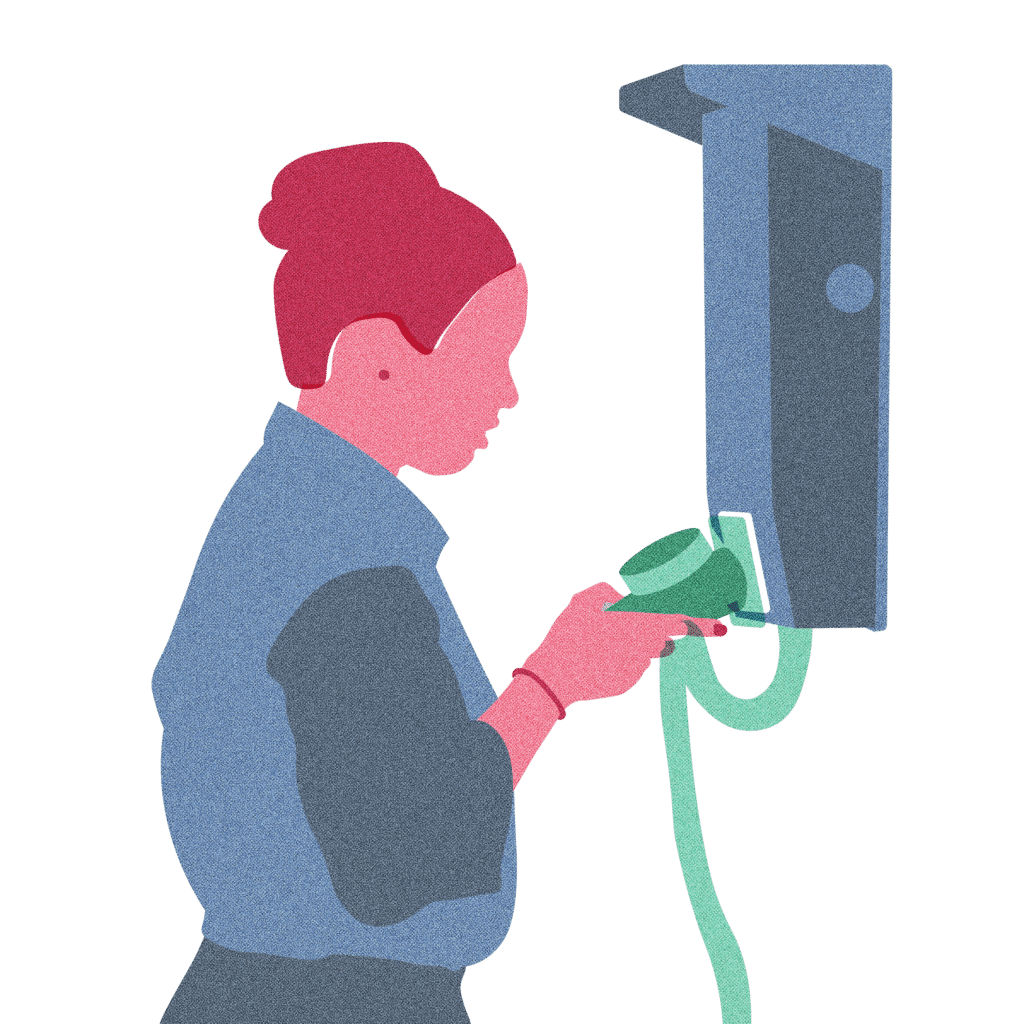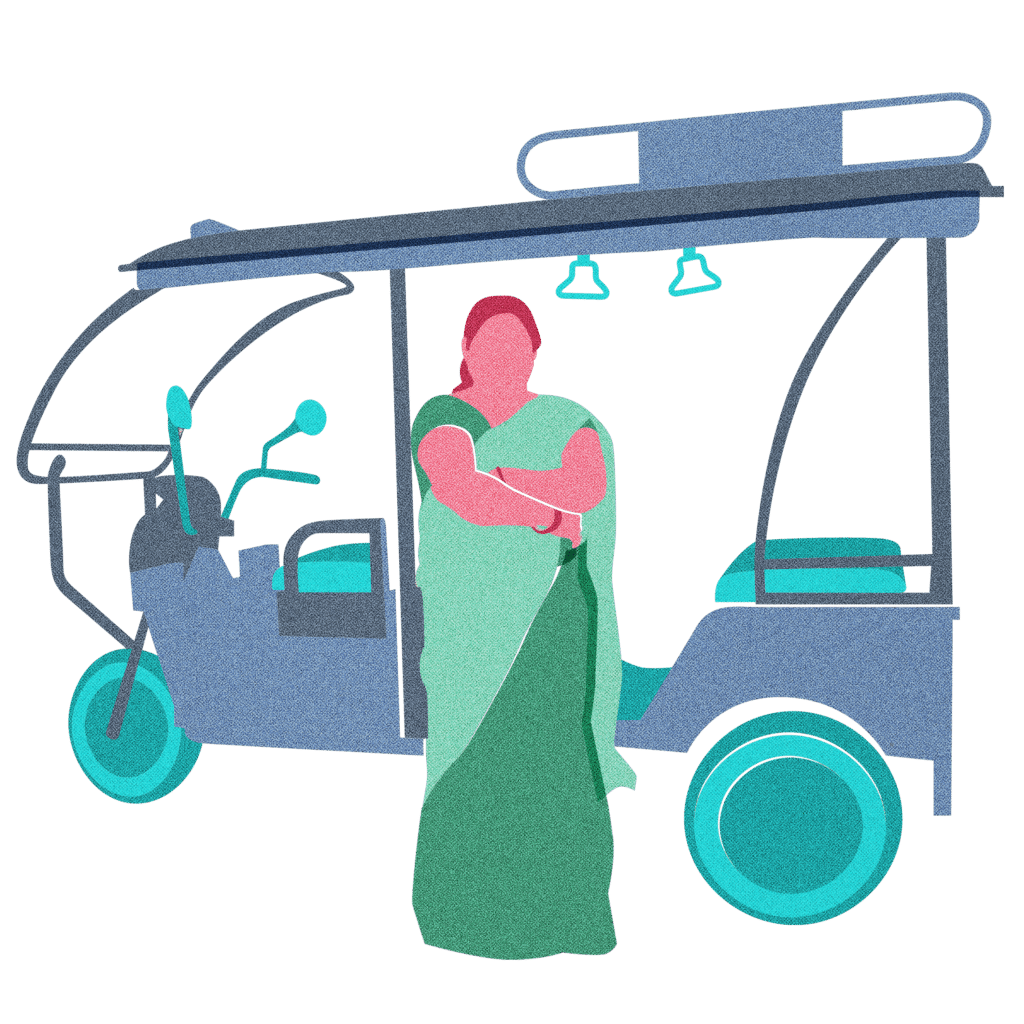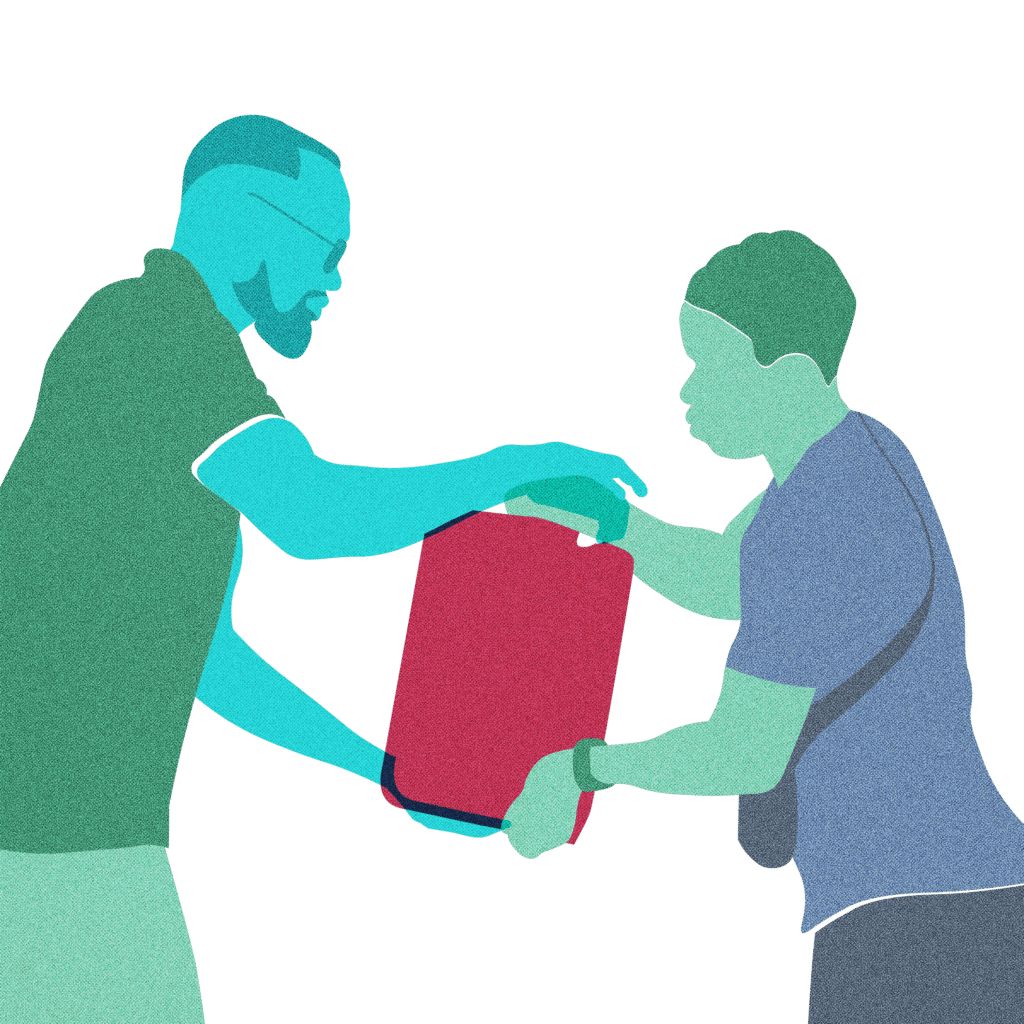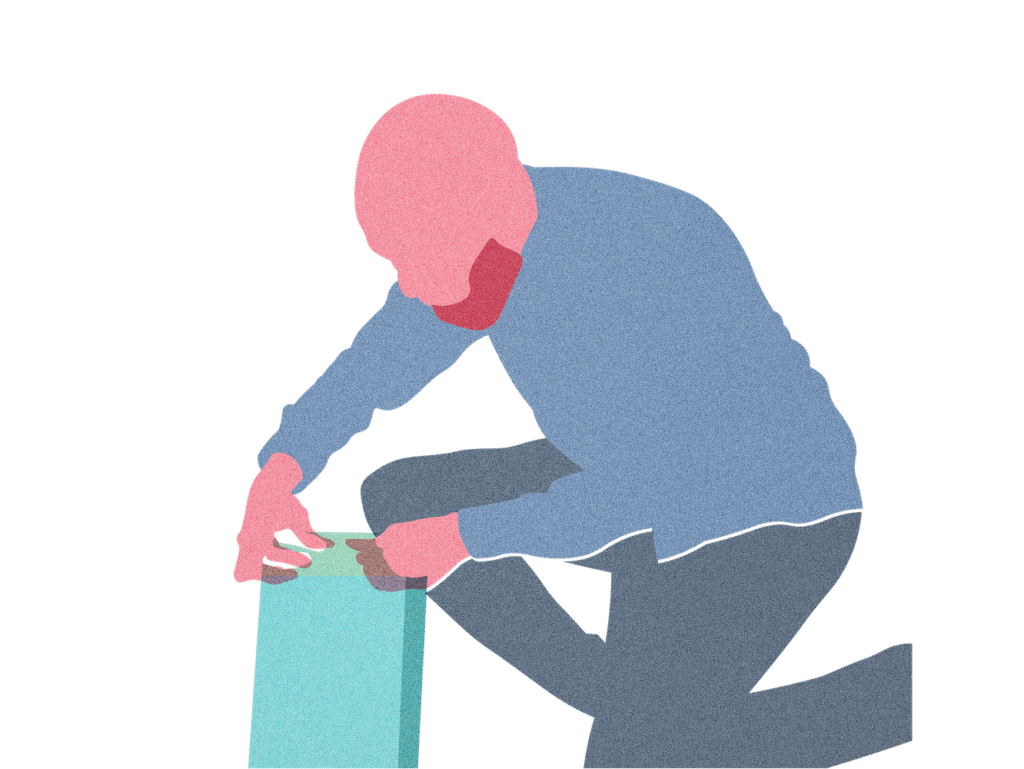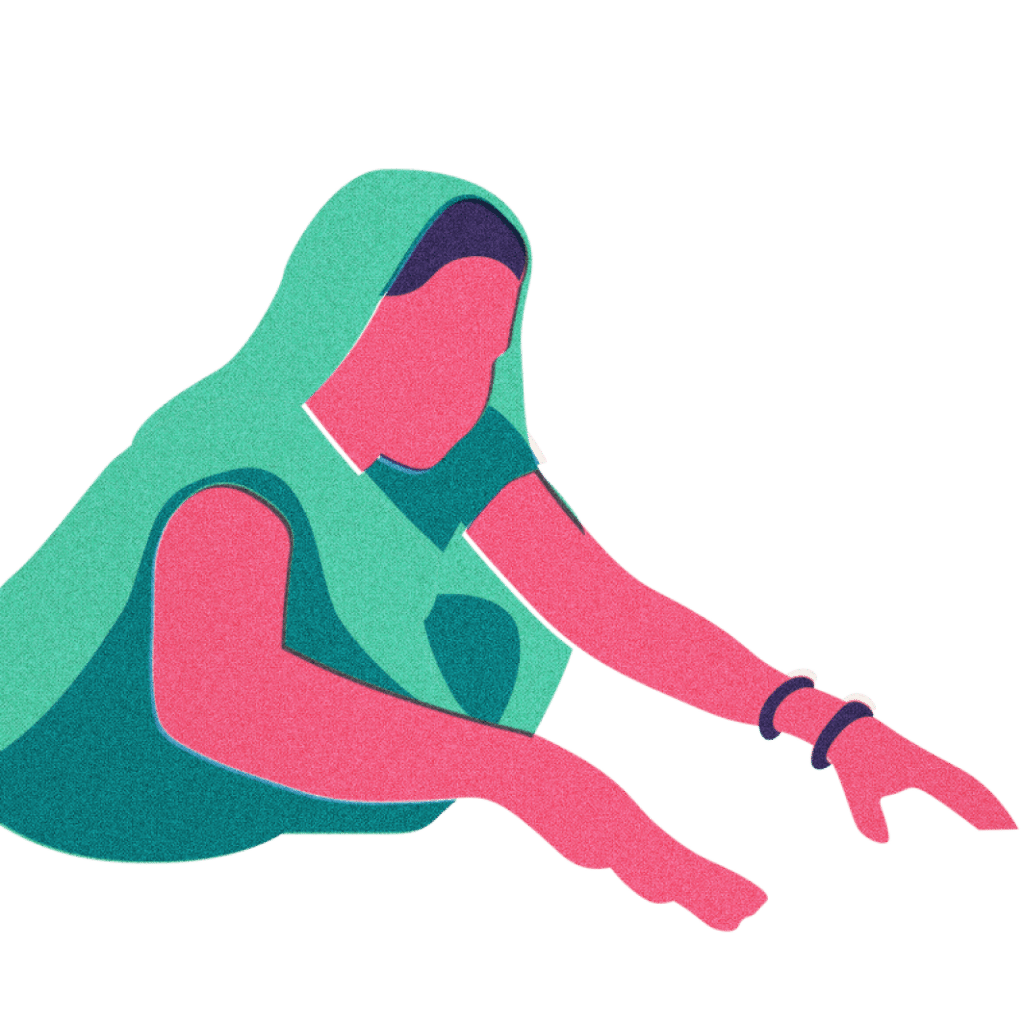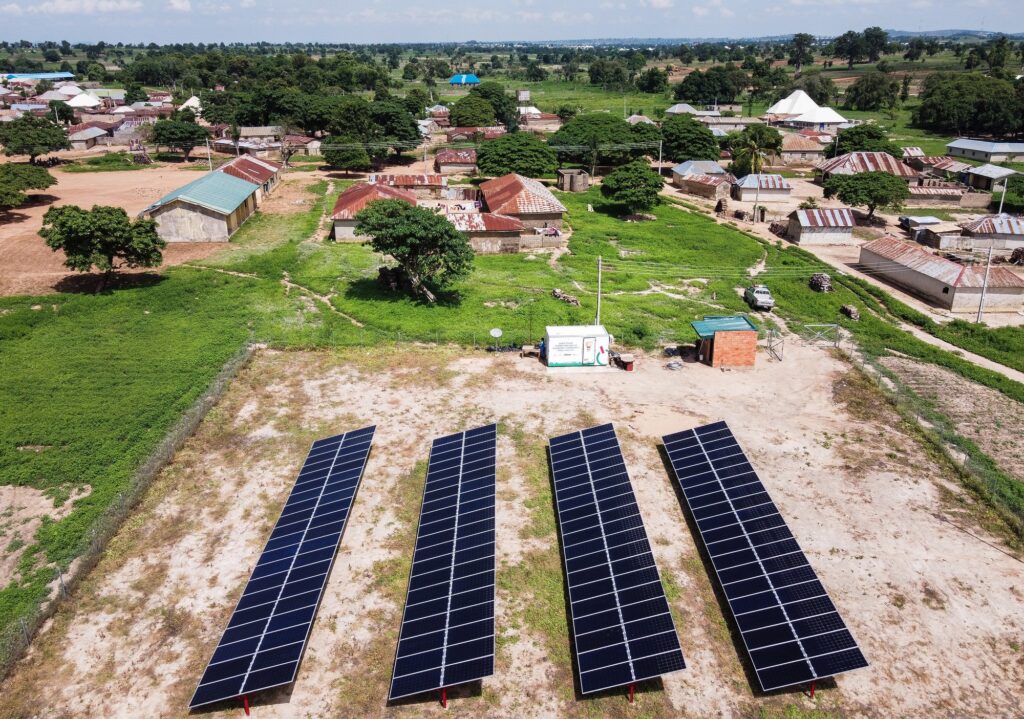
Energy Entrepreneurs Growth Fund announces three new investments in African energy access enterprises
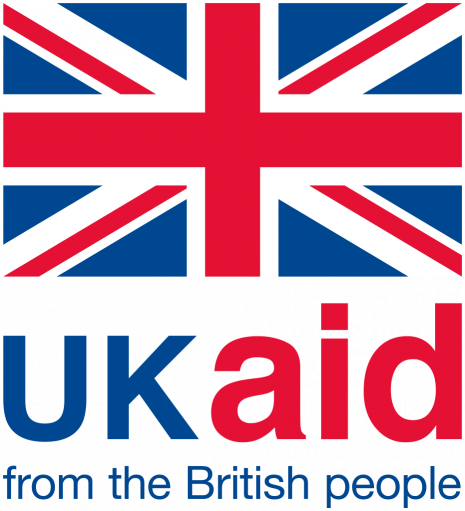 Managed by Triple Jump and advised by Persistent, EEGF is designed to provide patient, flexible capital combined with technical assistance that is currently lacking in the DRE ecosystem. By predominantly providing mezzanine structures as well as equity and debt investments through tailored solutions it is able to meet the changing needs of growing DRE companies working to achieve Sustainable Development Goal 7 (“Ensuring access to affordable, reliable, sustainable, and modern energy for all”) by 2030.
Managed by Triple Jump and advised by Persistent, EEGF is designed to provide patient, flexible capital combined with technical assistance that is currently lacking in the DRE ecosystem. By predominantly providing mezzanine structures as well as equity and debt investments through tailored solutions it is able to meet the changing needs of growing DRE companies working to achieve Sustainable Development Goal 7 (“Ensuring access to affordable, reliable, sustainable, and modern energy for all”) by 2030.
Investments into three access to energy enterprises
Baobab+ operates in Senegal, Côte d’Ivoire, Mali, Madagascar and is currently expanding into Nigeria and the Democratic Republic of Congo, supporting underserved households and microentrepreneurs in gaining energy autonomy and digital access, a prerequisite for their financial inclusion. To expand its range to new products in Côte d’Ivoire, the company has obtained financing of EUR 2 million from EEGF. Despite the challenges presented by the ongoing pandemic Baobab+ maintained a growth rate of 60% in its “Pay as you go” (progressive payment) energy and digital distribution business in 2020, and the investment by EEGF denotes continued confidence in the company. Baobab+ Côte d’Ivoire will provide access to energy and mobile products to c. 300,000 households within 5 years.
Yellow is a leading Solar Home Systems PAYGo company operating in Malawi since 2018 and Uganda since 2019. The company predominantly distributes and finances solar home systems (SHS) to underserved households and micro-enterprises living off-the-grid. EEGF made a total commitment of USD 4.0 million to Yellow Solar and disbursed the first tranche of USD 1.5 million in local currency in June this year. By 2025, Yellow aims to cumulatively reach 600,000 households, providing 250 million additional light-hours for women in households and offsetting 700,000 tons of CO2eq*.
Redavia provides solar solutions that grant commercial and industrial (C&I) businesses in sub-Saharan Africa with access to clean, safe, reliable and affordable electricity, enabling local economic development while reducing greenhouse gases emissions. At the end of August, EEGF disbursed the initial tranche of a $3.7 million mezzanine investment transaction to Redavia. To date, Redavia has installed close to 90 solar units, for 7 MWp of solar capacity, with clients in Ghana, Kenya and Tanzania. In the next five years, Redavia expects to have installed over 85 MWp of solar power, generating 175 GWh of electricity, and offsetting 55,000 tons of CO2eq*.
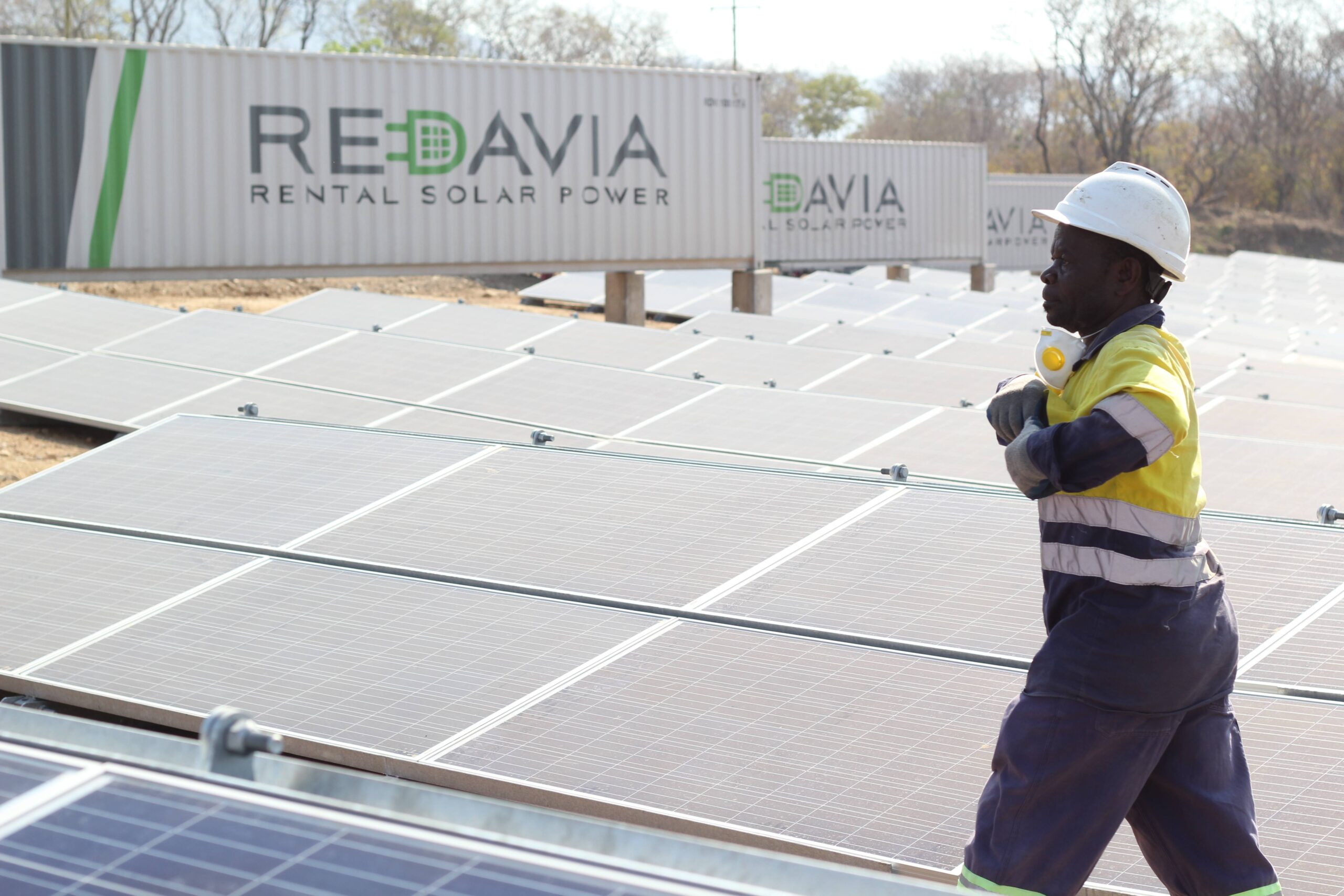
“A just and inclusive energy transition, one that alleviates energy poverty and mitigates climate change, requires understanding the financing needs of entrepreneurs who we are depending on to deliver the world’s energy access goals,” says Sam Parker, Shell Foundation CEO. “We believe EEGF provides a new and attractive financing solution for the entrepreneurs, with its ability to deploy both mezzanine debt and equity. This provides patient capital tailored to the company’s needs, enabling them to become attractive targets for more established debt and equity markets.”
Supporting inclusive renewable energy deployment is key to FMO’s strategy, as the lack of access to energy continues to be one of the biggest barriers to development. EEGF’s mandate to provide flexible capital to early- and growth-stage companies in the access to energy space across Sub-Saharan Africa is proving to be increasingly relevant in a sector heavily impacted by the COVID-19 crisis. We are excited to see that EEGF can deliver on this mandate in these difficult circumstance, with its first three debt investments and the signing of a concessional loan agreement with AfDB.”, says Marina Pannekeet, FMO’s manager for Energy investments in Eastern & Southern Africa.
Concessional loan agreement with AfDB to support energy access companies through and beyond the COVID-19 pandemic
EEGF is partnering with the African Development Bank (AfDB) on the COVID-19 Off-Grid Recovery Platform (CRP) to provide soft financing solutions to businesses to mitigate the negative impacts of the pandemic and support strong recovery of the sector.
In August, EEGF signed a USD 6.6 million concessional loan agreement with AfDB as part of the CRP. Financial, economic, and operational challenges resulting from the pandemic have severely impacted energy companies, threatening their commercial viability. This patient and risk-tolerant capital provided by AfDB’s Sustainable Energy Fund for Africa (SEFA), will be blended with EEGF capital to provide loans on below market terms to mitigate the negative impacts of the pandemic and support a strong recovery of this emerging industry. The CRP funding comes at a critical moment for early-stage energy access companies affected by COVID-19 and allows EEGF to continue investing in the sector at a time when risk capital is increasingly scarce. AfDB-CRP contributions were blended in the investments into Yellow and Redavia.
Joao Duarte Cunha, Division Manager for Renewable Energy at the African Development Bank, said “We appreciate the close collaboration with EEGF to support the sector and maintain the course towards universal energy access by 2030. EEGF’s mezzanine debt offerings and extensive lending experience will contribute to providing diverse and tailored financial solutions to address the market challenges created by the pandemic and ensure the sector’s long-term viability”.
* CO2eq offsetting projections are based on modelled estimates
Latest news and updates
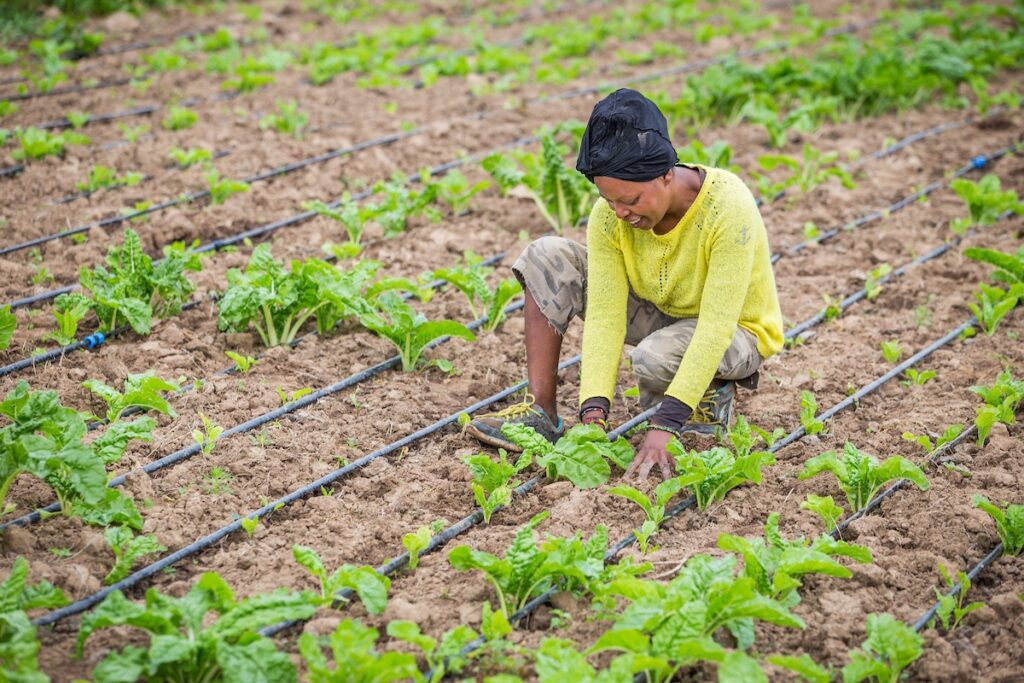
How solar irrigation is transforming the lives of smallholder farmers in Kenya – lessons and the road ahead
Solar-powered irrigation is helping smallholder farmers in Kenya build resilience to climate shocks, improve nutrition, and reduce post-harvest losses.
28th January 2026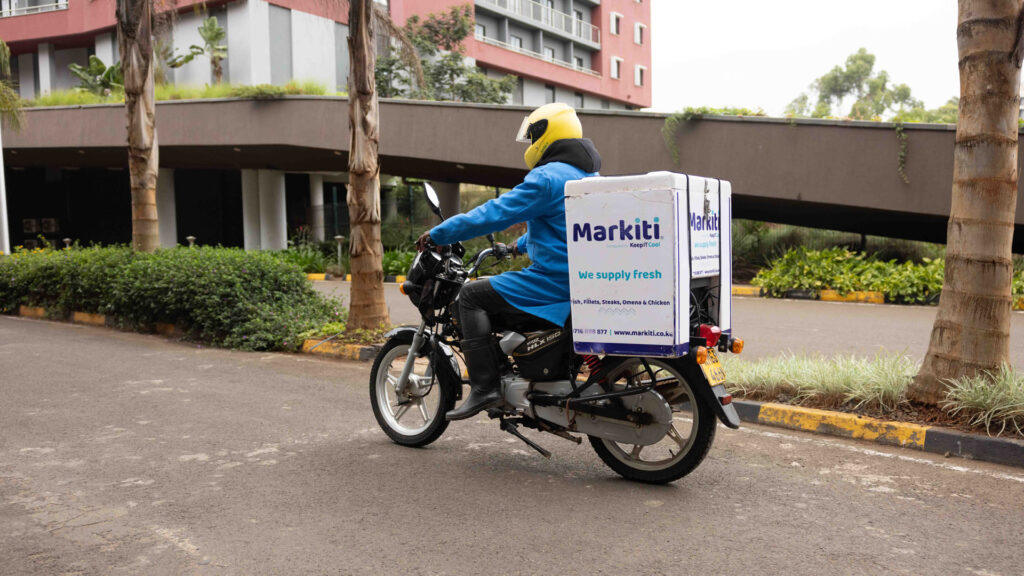
Building climate change resilience: The impact of cold chain adoption for Lake Turkana’s fishers
Cold chain adoption helps Lake Turkana fishers reduce spoilage, increase incomes, and build resilience to climate change.
09th December 2025




